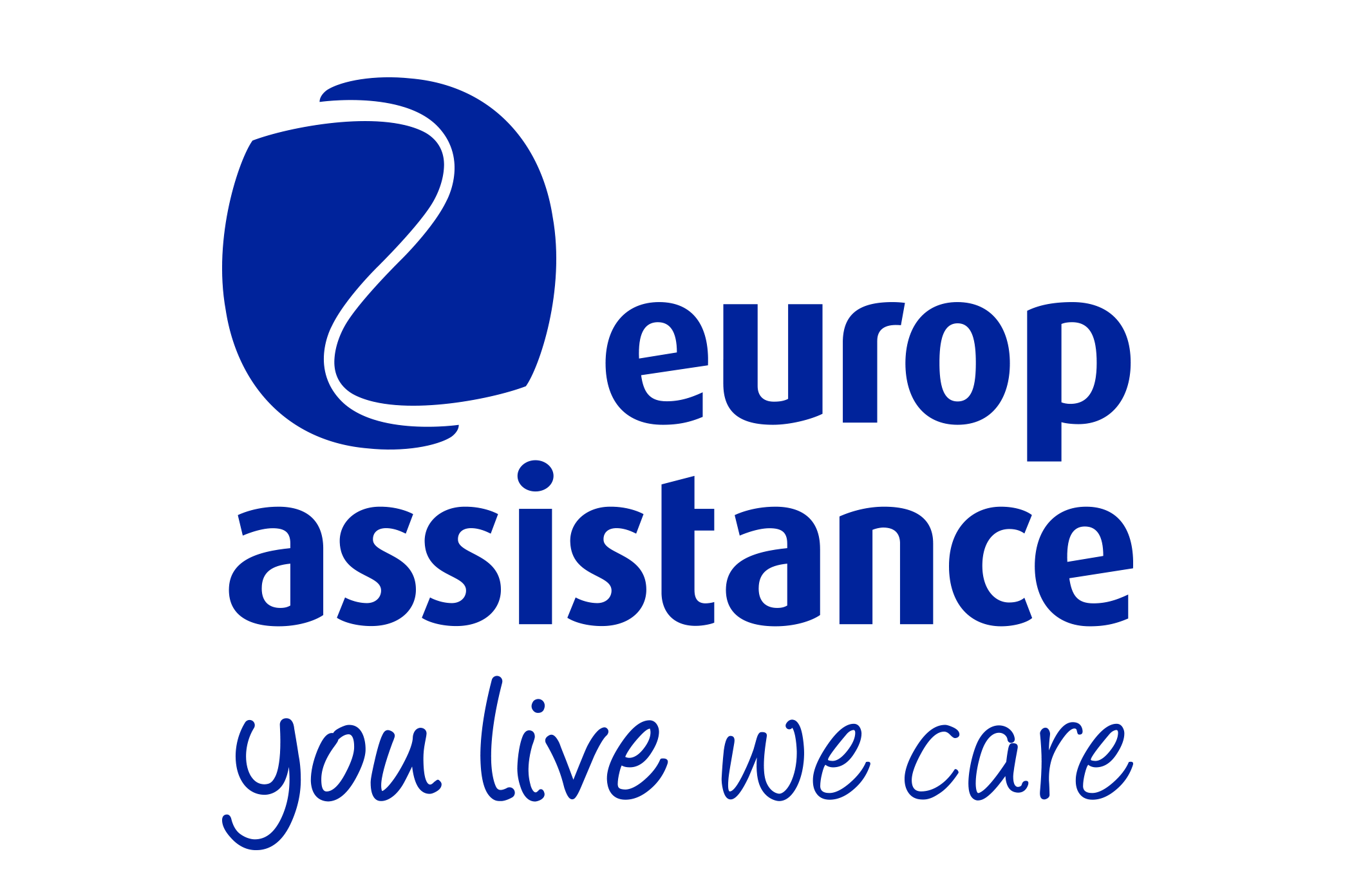It can be a frustrating experience to test positive for Covid-19, regardless of whether it’s your first time falling ill. For fully vaccinated people, Covid-19 may feel more like you’re down with the flu; even so, we want to feel better as soon as we can. But as much as you may be in a rush to recover, be kind to your progress and don’t push yourself unnecessarily and even after testing negative, take things slowly to rebuild your strength and stamina.
To help you with your recovery process, we have compiled a list of useful home-based tips, that are suitable when people test positive for Covid-19 with mild symptoms and are not in a high-risk category.
1/ TREAT YOUR SYMPTOMS
Treating your fever is key as it can worsen your overall condition. You can take an over-the-counter fever reducer such as paracetamol (500 milligrams to 1,000 milligrams) every six to eight hours to keep your temperature under 100 degrees.
Covid-19 mainly affects your lungs and you may have a persistent cough and trouble catching your breath. Try breathing control exercises and positions that will help clear your chest and improve breathlessness. Lying down as flat as possible can help reduce your heart rate and drain built-up phlegm. Sucking a teaspoon of honey, gargling with warm water or sipping warm fluids will help sooth a sore throat and ease coughing. A hot shower to breathe in steam can also ease a sore throat and congestion; however, ensure that you are well hydrated and not running a high fever before you do this.
Over-the-counter antidiarrheal medications can also be helpful, especially if stools are watery and episodes exceed eight to ten a day.
If you have any doubt and find that you need more medical support, always consult a physician to tailor your treatment plan.
2/ MAKE SURE YOU’RE EATING RIGHT
A healthy diet is key to your recovery. After all, your body needs fuel to fight off the infection. Additionally, did you know that your gut plays a significant role in your immune system? The “good bacteria” in your gut can affect the rest of your body, including the condition of your brain, heart and kidneys. By looking after your gut health, you’re also caring for your overall physical health.
As such, a good diet means balanced meals: your plate should have whole grains, lean proteins, and an ample serving of fruits and vegetables. Try to avoid deep-fried and processed foods, as well as spicy dishes. You can also consider supplementing your diet with vitamins like Vitamin D tablets that help boost your immune system, and taking prebiotic and probiotic supplements.

3/ STAY HYDRATED
On top of eating well, you should also ensure that you’re drinking enough water to replace any lost fluids and to help with soothing any dry or sore throats. You can tell that you are getting dehydrated if your mouth feels dry, you get lightheaded when you move from a seated or squatting position to a standing one, and your urine output declines.
The best, of course, is to drink plain water. If you’d like to jazz it up a bit, you could add a slice of lemon or mint leaves. Broth soups, tea with honey, and fruit juice are also good choices.
4/ REST, REST, REST
Quality sleep has many health benefits, including improving your immunity and aiding your body’s recovery. Having lots of rest can help to speed up your recovery. Pacing yourself is also key: break up your daily activities into smaller, more manageable tasks and make sure you get plenty of rest in between.
To help you get better sleep, you can check our tips here.
5/ MIND YOUR MENTAL HEALTH
Our physical health is linked intricately to our mental health. Falling ill with Covid-19 can be stressful and upsetting. For those who don’t stay alone, you may also be worried about spreading the virus to the loved ones who are staying with you.
As such, many people recovering from Covid-19 experience low moods, anxiety, and difficulty sleeping, so it’s important that you pay attention to how you’re feeling and reach out to your friends and family if you find that you need help to cope with your emotions and stress during this period.
You can check our expert list of 10 things you can do right away to help you improve your mental wellbeing here.

6/ RETURNING TO EXERCISE
Exercise is important for regaining your muscle strength and endurance. But it can lead to muscle and joint pain and add to your feelings of fatigue. It needs to be safely managed alongside your other Covid-19 symptoms. Slowly and gently add exercise into your daily routine. Gradually increasing from gentle low-intensity exercises and activities through to moderate and then normal activity.

